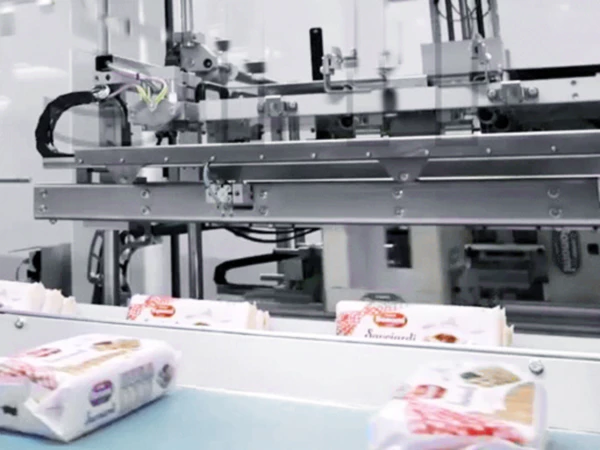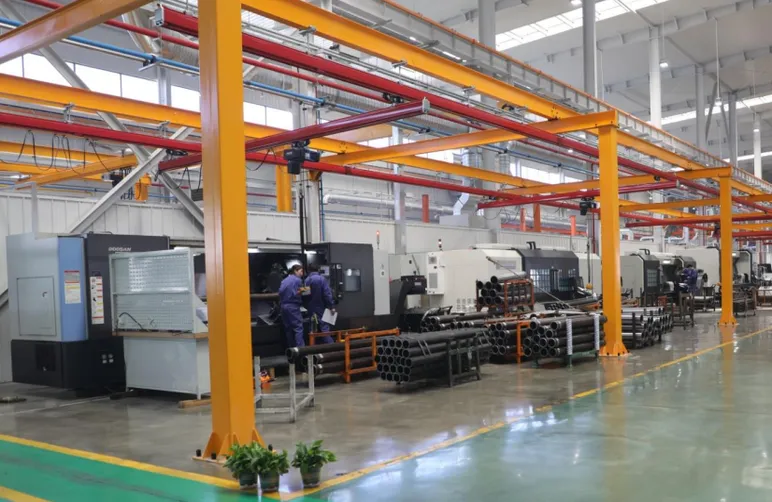
In the intense and demanding environment of food processing, the performance of stainless steel roller chains can often be challenged. In such situations, understanding the problem, finding solutions, and taking necessary steps to prevent future occurrences are crucial. Here, we delve into these aspects in detail.
Common Problems with Stainless Steel Roller Chains in Food Processing
Stainless steel roller chains may face a variety of issues in the food processing industry, which can arise due to factors such as exposure to harsh chemicals, high-pressure washdowns, extreme temperatures, or heavy loads. These problems can include corrosion, wear and tear, elongation, and breakage.
Solutions to Stainless Steel Roller Chain Problems
Several solutions can address the issues faced by stainless steel roller chains in the food processing industry. These include using high-quality chains, implementing proper maintenance practices, using suitable lubricants, and selecting appropriate chain designs for specific applications.

Steps to Resolve Stainless Steel Roller Chain Issues
- Identify the problem: Determine the specific issue affecting the chain’s performance.
- Choose the right solution: Select the appropriate solution based on the identified problem.
- Implement the solution: Apply the chosen remedy, which could involve replacing the chain, adjusting maintenance practices, or using a different lubricant.
- Monitor the results: Observe the chain’s performance after implementing the solution to ensure its effectiveness.
- Prevent future issues: Incorporate preventive measures, such as regular inspection and maintenance, to avoid future problems.
Preventive Measures for Stainless Steel Roller Chain Problems
To prevent future issues with stainless steel roller chains in food processing, it’s crucial to use high-quality chains, conduct regular inspections, follow proper maintenance practices, use suitable lubricants, and select the right chain design for each application. In case of persistent problems, reaching out to the technical department of the chain manufacturer can be a practical step.

Acknowledging the Resolution of Roller Chain Problems
The resolution of a stainless steel roller chain problem can be confirmed through improved chain performance, reduced downtime, and increased productivity. In addition, a decrease in maintenance and replacement costs can also indicate successful problem resolution.
About Our Company
We are a leading company in the Chinese roller chain market, specializing in conveyor chains, drive chains, engineering chains, and circular chains. With a production capacity of 200,000 sets, we leverage advanced automatic numerical control production equipment and automatic assembly equipment to meet diverse customer needs.
In addition to providing high-quality products at favorable prices, we also offer excellent customer service. We also supply stainless steel chains, plastic chains, rolling mill chains, casting chains, and pivot chains, and we welcome custom orders based on drawings and samples.

Q&A
- 1. What is the best way to maintain stainless steel roller chains in food processing?
- Regular inspection, proper cleaning, and the use of suitable lubricants can help maintain stainless steel roller chains in food processing.
- 2. How can I prevent corrosion in stainless steel roller chains?
- Using high-quality chains and suitable lubricants can help prevent corrosion in stainless steel roller chains.
- 3. Can I order custom chains based on my specific requirements?
- Yes, we welcome custom orders based on drawings and samples.
- 4. What types of chains does your company offer?
- We offer a variety of chains, including conveyor chains, drive chains, engineering chains, circular chains, stainless steel chains, plastic chains, rolling mill chains, casting chains, and pivot chains.
- 5. How quickly can I expect a response if I contact your technical department with a problem?
- Our technical department typically responds to queries within 24 hours.